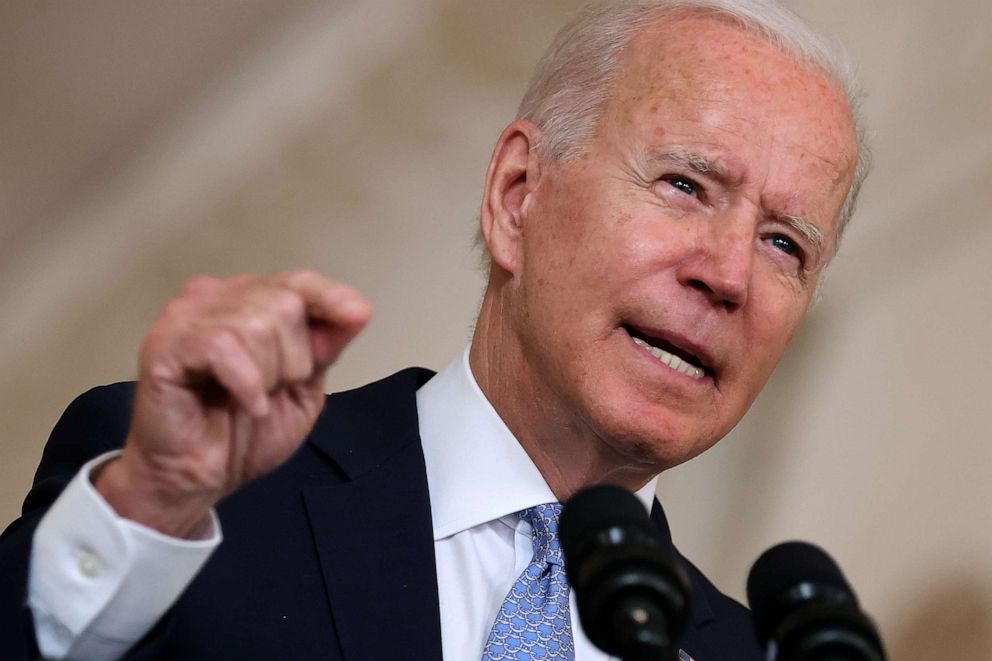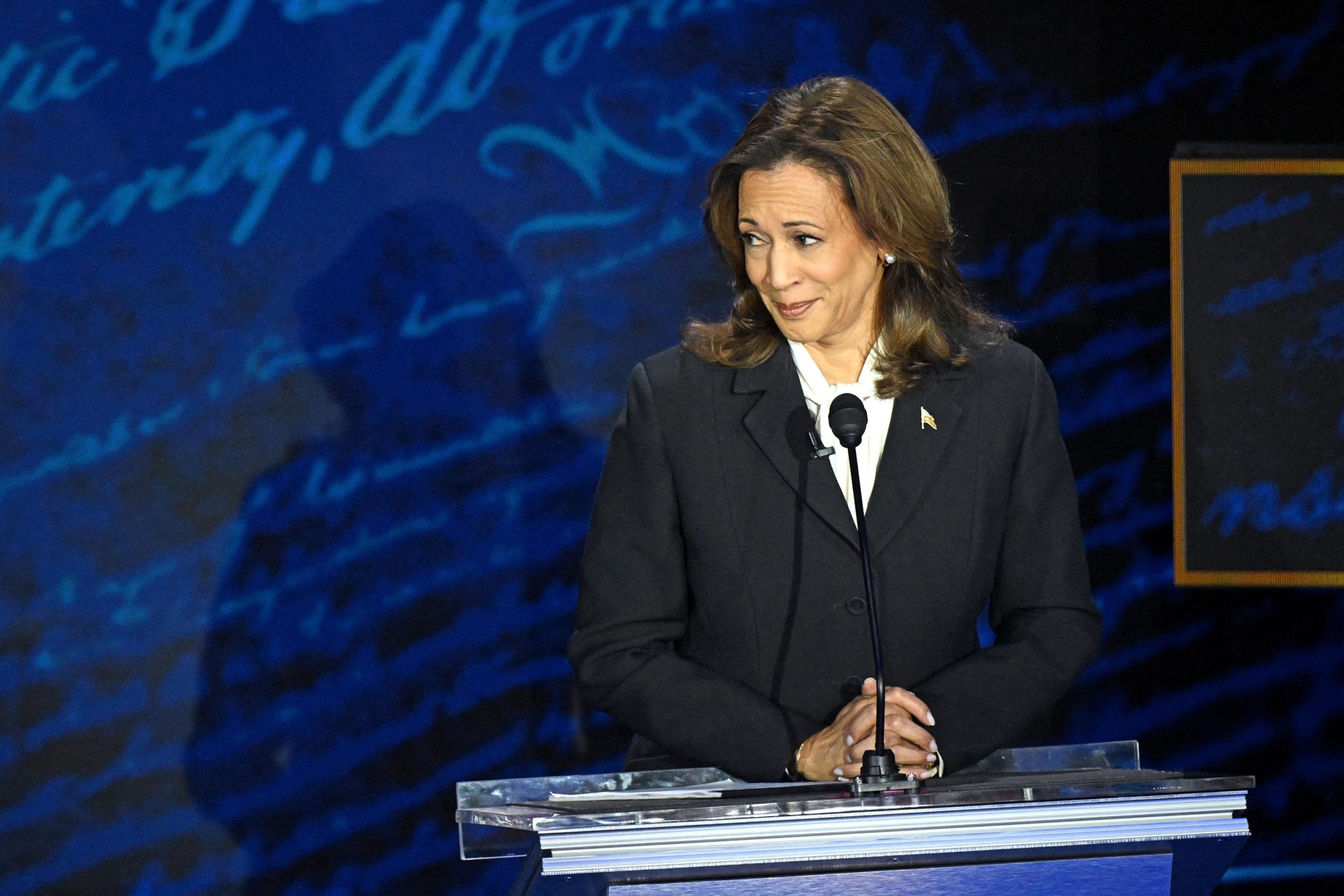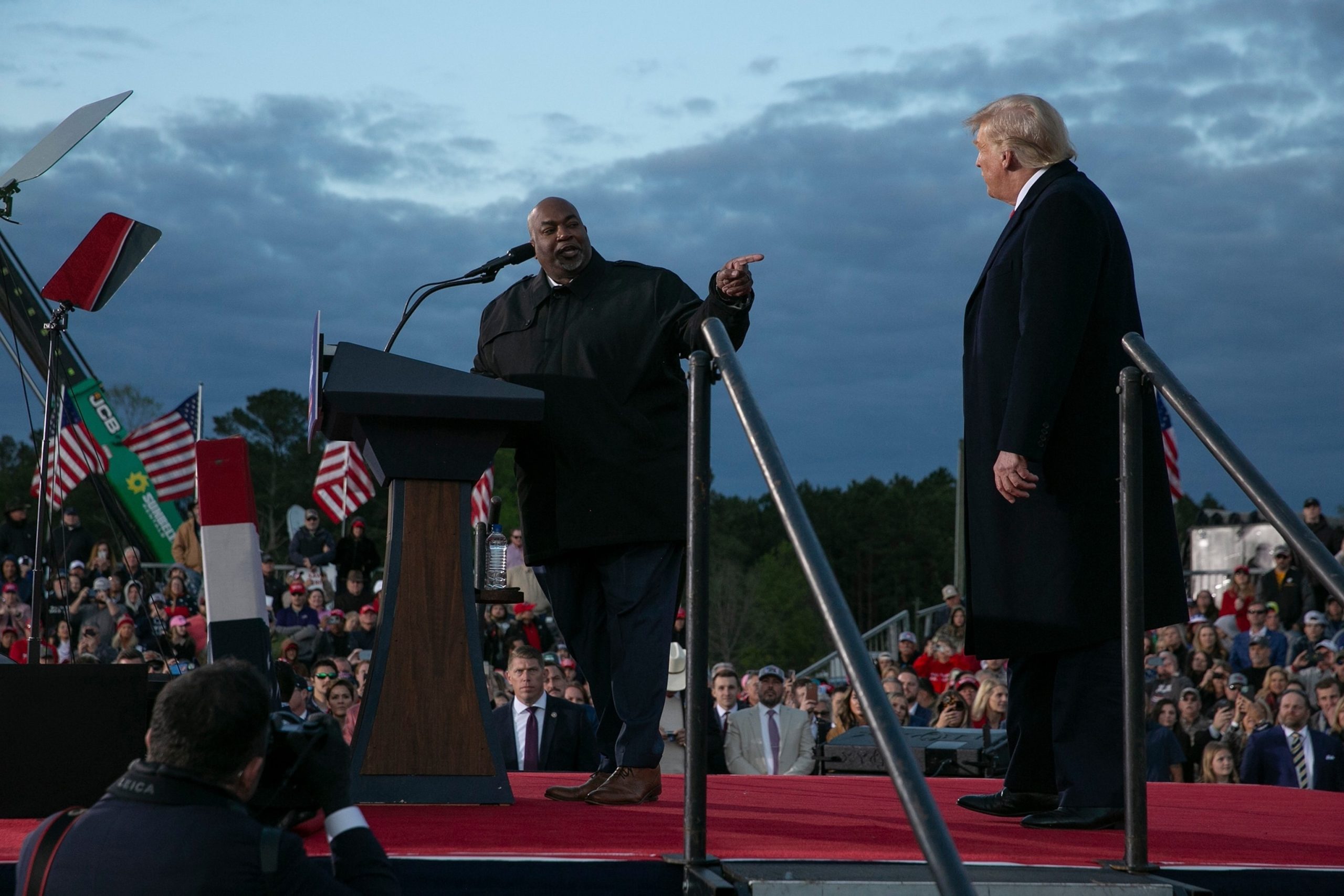Analysis: The Ongoing Withdrawal from Afghanistan Continues to Impact the Biden Administration after 2 Years
The withdrawal of U.S. troops from Afghanistan has been a long and arduous process, spanning multiple administrations. However, the decision made by President Joe Biden to complete the withdrawal by September 2021 has had significant implications for his administration, both domestically and internationally. Two years after the withdrawal, its impact continues to reverberate through various aspects of American politics and foreign policy.
One of the immediate consequences of the withdrawal was the collapse of the Afghan government and the rapid takeover of the country by the Taliban. The speed at which the Taliban regained control shocked many, leading to criticism of the Biden administration’s handling of the withdrawal. Critics argue that the hasty exit allowed for the resurgence of a terrorist organization that the United States had spent two decades fighting against.
The fall of Afghanistan also had a profound impact on regional stability. Neighboring countries, such as Pakistan, Iran, and India, were left grappling with the consequences of a power vacuum in Afghanistan. The potential for increased terrorism, refugee flows, and instability in the region became a cause for concern. The Biden administration faced criticism for not adequately considering these potential outcomes and failing to coordinate with regional partners to mitigate the fallout.
Domestically, the withdrawal from Afghanistan has had political ramifications for President Biden. The chaotic scenes at Kabul airport, where desperate Afghans clung to departing planes, created an image of incompetence and lack of preparedness. This led to a decline in public support for Biden’s handling of foreign policy, with polls indicating a significant drop in approval ratings following the withdrawal. The episode also provided ammunition for his political opponents, who accused him of abandoning allies and leaving American citizens stranded.
Furthermore, the withdrawal has raised questions about America’s credibility and commitment to its allies. The abrupt departure from Afghanistan has left many questioning whether the United States can be relied upon to fulfill its promises and honor its commitments. This has implications for future alliances and partnerships, as countries may be hesitant to align themselves with a nation that appears to abandon its allies when it suits its interests.
The impact of the withdrawal also extends to the broader global stage. The United States’ reputation as a global superpower has been tarnished, with critics arguing that the withdrawal signals a decline in American influence and a shift in global power dynamics. This has emboldened other actors, such as China and Russia, who may see an opportunity to fill the void left by the United States in Afghanistan and beyond.
In response to the fallout from the withdrawal, the Biden administration has attempted to shift the narrative and focus on other foreign policy priorities. Efforts have been made to highlight the administration’s commitment to counterterrorism efforts and its focus on great power competition, particularly with China. However, the ongoing impact of the withdrawal continues to overshadow these efforts, with critics arguing that the damage caused cannot be easily undone.
In conclusion, two years after the withdrawal from Afghanistan, its impact on the Biden administration remains significant. The collapse of the Afghan government, regional instability, domestic political ramifications, questions about America’s credibility, and a tarnished global reputation are all consequences that continue to shape American politics and foreign policy. As the United States grapples with the aftermath of its longest war, it must confront the challenges posed by an uncertain future in Afghanistan and work towards rebuilding trust and credibility both at home and abroad.



